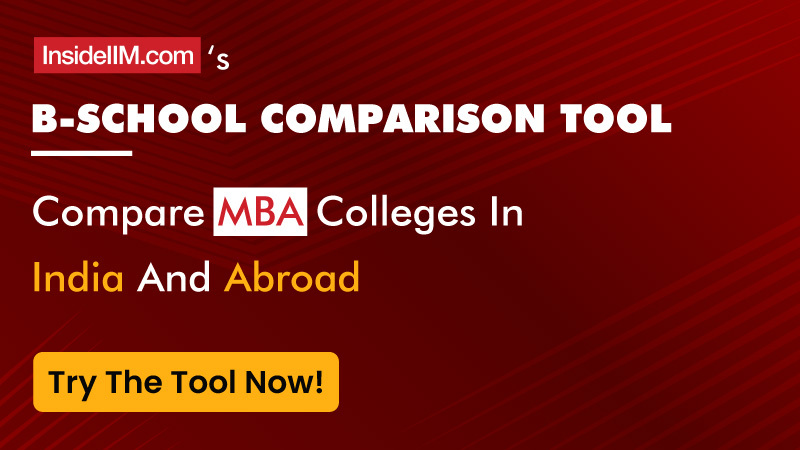As is currently the case for 'Like' button, these reactions buttons will appear alongside any post in the news feed. And any one of them could be used by us to express our feelings.
Any 'good' company always beta tests 'transformational' changes it proposes to implement in select market.
FB is planning to do a Beta Testing in 2 markets - Ireland & Spain. Ireland - because it is an english speaking country & Spain - because it is a non-english country.
Meet the new Reactions.
Posted by Mark Zuckerberg on Thursday, October 8, 2015
Business Lesson for us:
1. Listen to your customers & have a system for capturing their pain point.
2. Do make serious effort to either reduce or eliminate them.
3. Do attempt to beta test your solutions ... it will reduce your risk - if the solution proposed by you is improper you will be able to limit the damage.
4. Make things dynamic .. movements attract human attention.
———-
In this series, Rajesh Srivastava, Business Strategist and Visiting Faculty at IIM Indore gives you a regular dose of strategy case studies to help you think and keep you one step ahead as a professional as compared to your peers. Rajesh is an alumnus of IIM Bangalore and IIT Kanpur and has over 2 decades of experience in the FMCG industry. All previous Strategy with RS posts can be found here



















Comments
Sajal Singh
Self improvement geek, drummer, digital thought leader in europe advising companies to invest in future than financial ratios. IIM matters less, attitude and common sense matters more Delhi boy who went from, chikmagalur to europe. Went to (IE Business School, Spain) https://www.linkedin.com/in/sajalsingh
Some points sir in our context: 1. Consider a scenario where our PM makes a speech and says something controversial. People could click more on the anger emoji to register protest. I wonder how the govt would react. Im guessing there may be some pressure to undo this feature here. 2. Most users on fb recklessly put pictures and content. It becomes quite redundant. This could limit that behavior and make people more careful, meaning less content(which cud be good (costs) or bad for fb(user engagement)) 3. it might also trigger a herd behvior, meaning a specific person could always be labelled as someone who never makes sense on any topic and therefore will always be disliked no matter what. Consider a johnny lever persona for ex, or KRK. We always expect him to be silly and dumb on screen no matter what. 4. Of late there has been a question on their internet.org platform and the denate has raged worldwide with prominent people in the states not endorsing the idea. It could potentially backfire on them, given that fb according to a recent new york times article i read, seems to be struggling to find what its role is in the internet economy. Would love to hear your comments.
12 Oct 2015, 09.58 AM
Rajesh Srivastava
Sajal my response: 1. We will skip this ... 2.It is widely believed that we should refrain from making prediction ..especially about the future. But in the case of Point 2 I would say it would be reasonable to predict that over time it may prevail upon many FB users to exercise restraints because of the feedback that there content may receive. In short FB may become a self regulating platform. 3. Stereotyping: This is embedded in our DNA & emojis do not have the power to either add or subtract ... 4. Internet.org to would get a honest feedback ... and based on the feedback FB can make it relevant.
12 Oct 2015, 10.18 AM
ramji yahoo
contribute to society thru management audits, cost audits
useful article, to enlighten what all to learn from a change/ move
12 Oct 2015, 11.14 AM
Rajesh Srivastava
Thanks Ramji
12 Oct 2015, 11.42 AM